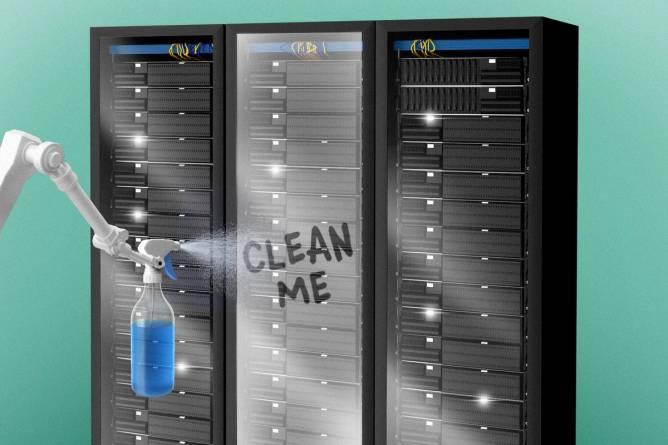|
Out with the Fortune 500s, government agencies, and multinational conglomerates, in with the startups.
Over the course of Michael Levin’s more than 20-year stint in the IT and cybersecurity industry, he has held leadership positions at all types of large companies, from the US Department of Health and Human Services to health insurance company UnitedHealth Group. However, earlier this year, Levin switched gears and started a new chapter in his professional career: serving as the CISO of Arizona-based healthtech startup Solera Health.
Levin, who has been CISO at Solera since September, told IT Brew that he has been enjoying the change of pace and helping the startup “drive and identify risks.” His advice to security professionals contemplating a startup organization as their next career move? Start it up.
“You can always go back to a larger organization, but these opportunities rarely present themselves for the smaller ones,” Levin said.
IT Brew caught up with Levin to discuss what life as a CISO outside of Fortune 500s looks like.
The conversation below has been edited for length and clarity.
What’s the difference between being a CISO at a startup as opposed to an enterprise business?
Speed. That is the biggest change. The second biggest change is resources. When you’re a large class organization, you get large, colossal budgets and a different caliber of salesperson and tools coming to you. In a startup, everything has to be strategic and it’s a zero-sum game, so if you do A, you can’t do B. There’s also very little margin for error. There’s no safety net. At large corporations, there’s always a safety net because there’s always more resources if necessary.
The other benefit is it’s a lot more nimble. There’s no secret vetoes. There’s no person in some department that you never heard of that will come up and raise an issue and suddenly throw a wrench into your work and basically cause a three-month delay. None of that happens here.
Read the rest here.—BM
|









